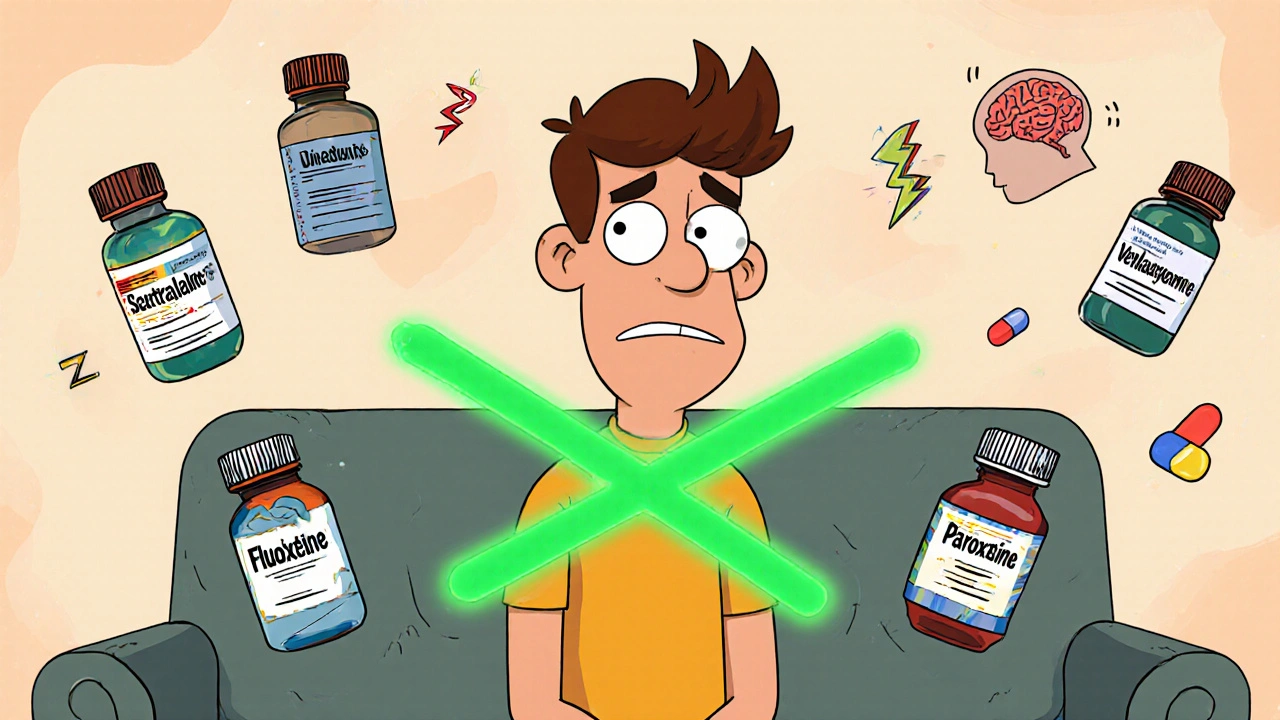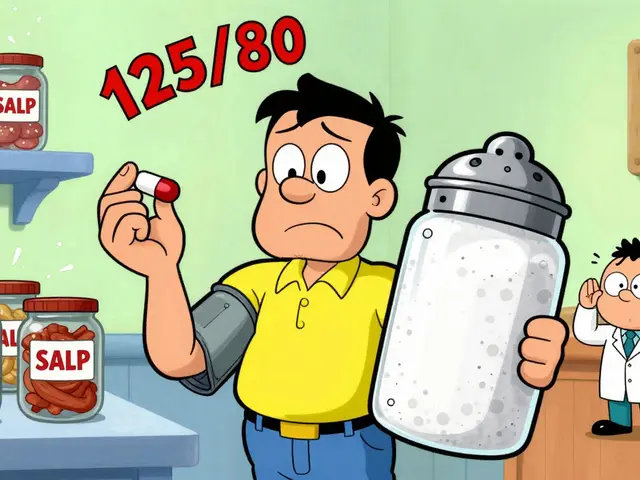Antidepressant Side Effects: What You Need to Know Before Starting or Stopping
When you start taking an antidepressant, a medication prescribed to treat depression, anxiety, and other mood disorders by balancing brain chemicals. Also known as antidepressive agents, these drugs can help you feel like yourself again—but they don’t work the same for everyone. Many people expect relief right away, but the first few weeks often bring side effects like nausea, drowsiness, or feeling emotionally numb. These aren’t always signs the drug isn’t working—they’re just your body adjusting.
Not all antidepressants cause the same issues. SSRIs, a common class of antidepressants that increase serotonin levels in the brain. Also known as selective serotonin reuptake inhibitors, they’re often the first choice because they’re generally well-tolerated. But even SSRIs can cause sexual dysfunction, weight gain, or insomnia. Other types, like SNRIs or tricyclics, might lead to dry mouth, dizziness, or heart rhythm changes. And if you’ve ever felt sudden brain zaps, electric shocks, or extreme dizziness after skipping a dose, you might be dealing with antidepressant discontinuation syndrome, a set of physical and emotional symptoms that occur when stopping antidepressants too quickly. It’s not addiction—it’s your nervous system reacting to the sudden drop in medication.
What’s often ignored is how these side effects connect to other meds you’re taking. Mixing antidepressants with alcohol, certain painkillers, or even herbal supplements like St. John’s Wort can make things worse. Some combinations can trigger serotonin syndrome—a rare but dangerous condition. And if you’re on multiple prescriptions, it’s easy to miss how one drug affects another. That’s why checking labels, asking your pharmacist, and keeping a symptom journal matters more than you think.
You’re not alone if you’ve thought about quitting because the side effects felt worse than the depression. But stopping cold turkey is risky. Withdrawal can hit hard within days, and symptoms like anxiety, irritability, or flu-like feelings can make you think your depression is coming back—when it’s really just your body adjusting. Tapering slowly, under supervision, makes a huge difference. Some antidepressants, like paroxetine or venlafaxine, are more likely to cause withdrawal than others. Knowing which ones are trickier helps you plan ahead.
What you’ll find below isn’t a list of scary warnings. It’s a collection of real, practical guides written by people who’ve been there. From how to recognize early signs of withdrawal to why some generics don’t work the same as brand names, these posts cut through the noise. You’ll see what doctors don’t always tell you, what pharmacies overlook on labels, and how to talk to your provider without sounding alarmist. No fluff. No scare tactics. Just what you need to stay safe, informed, and in control of your treatment.




